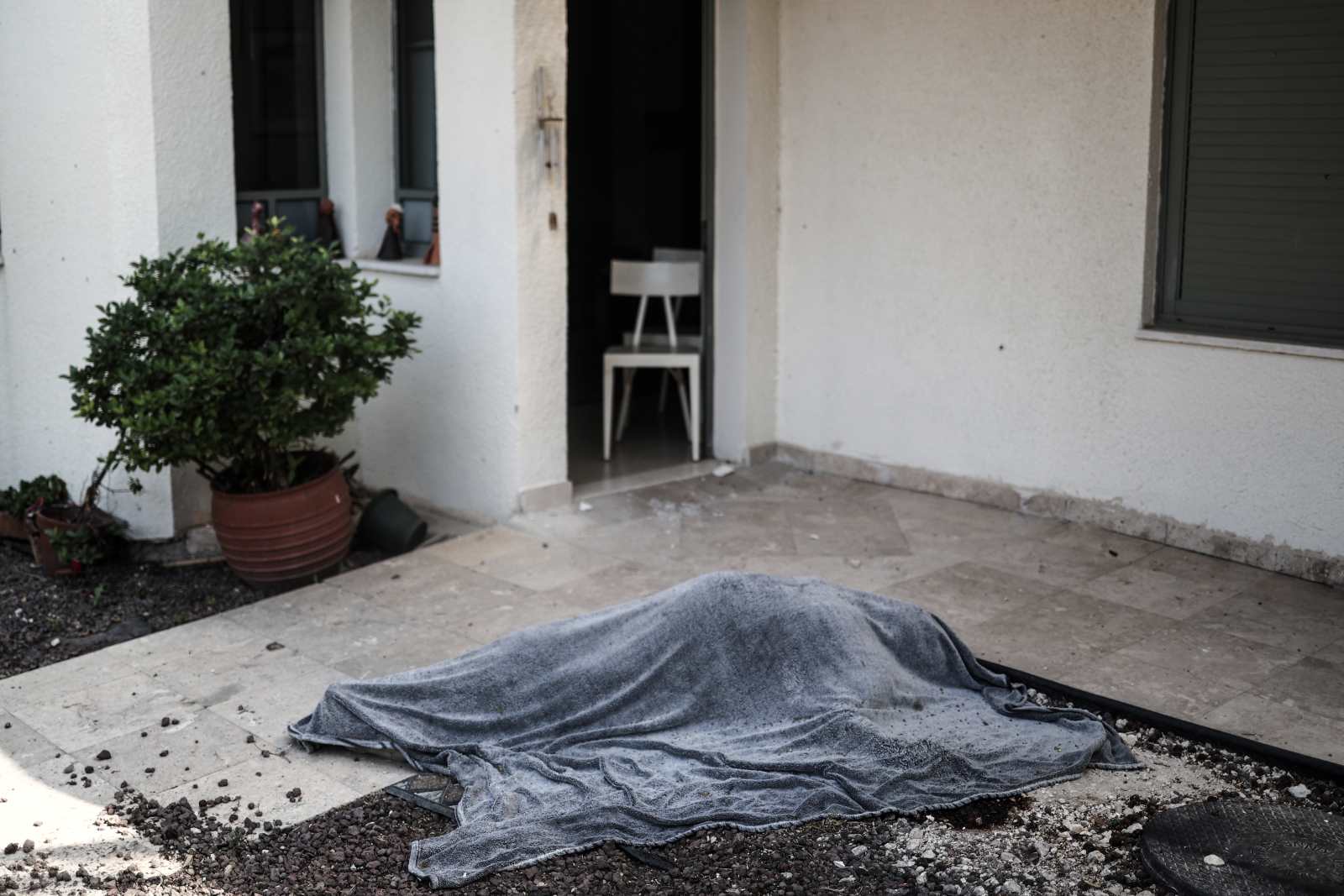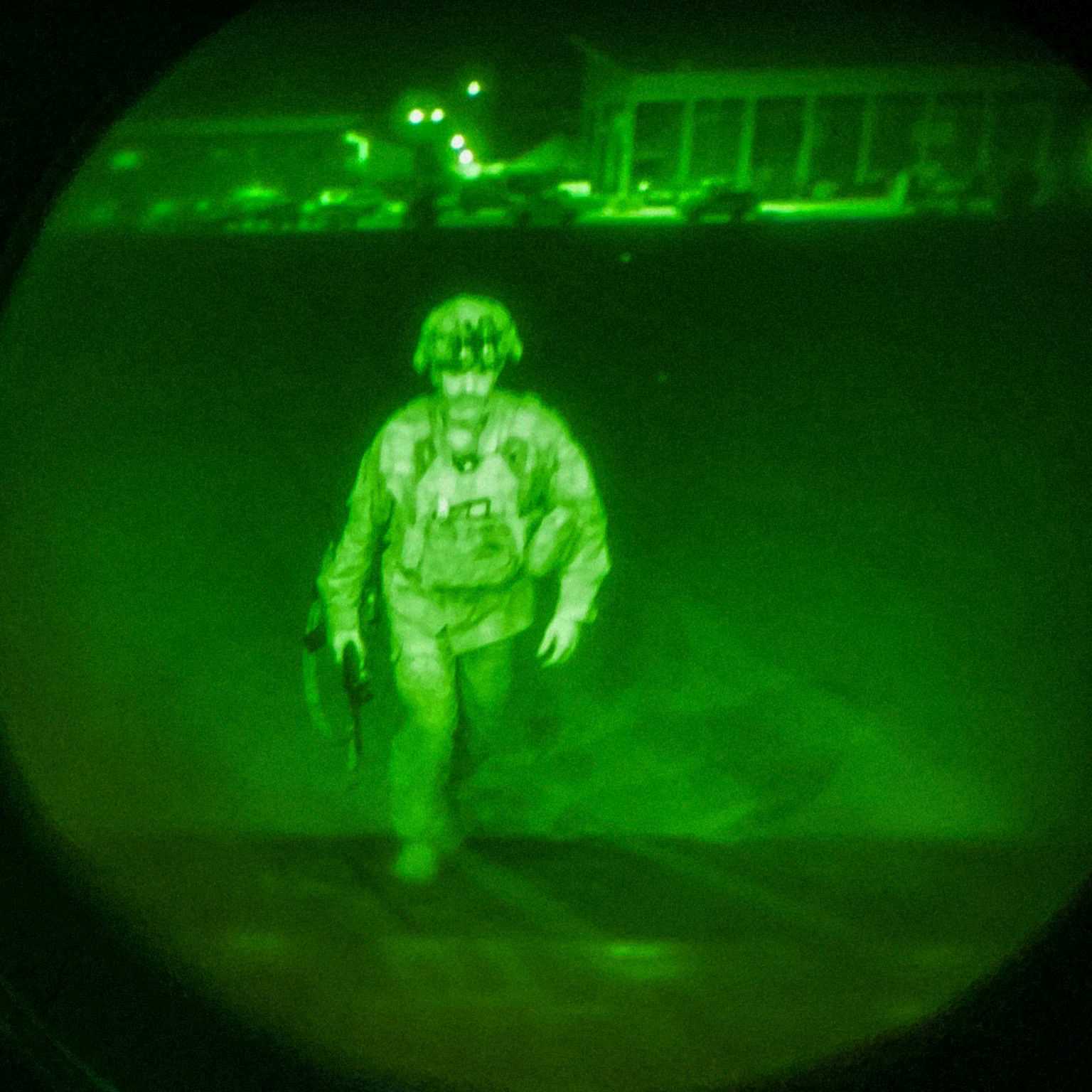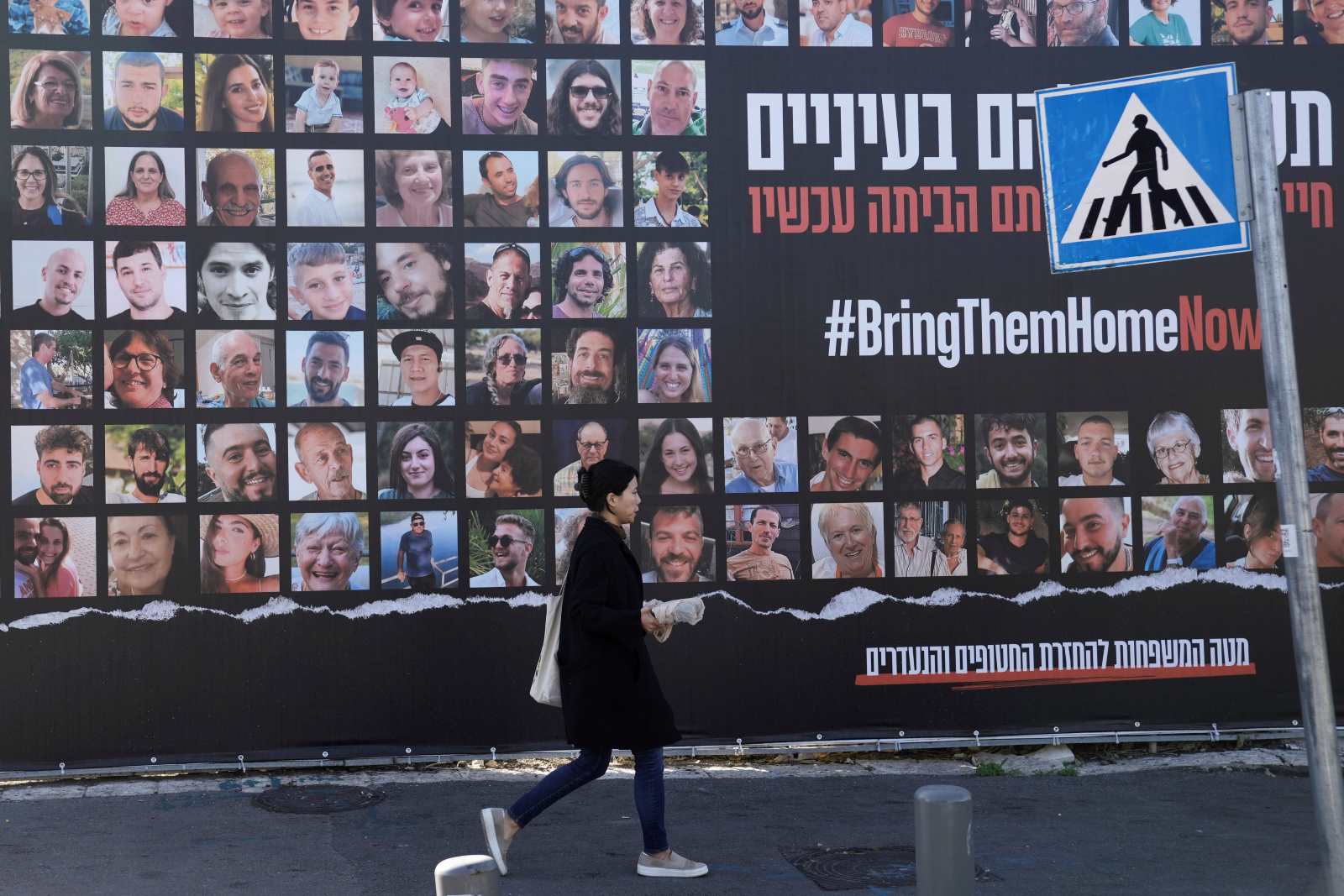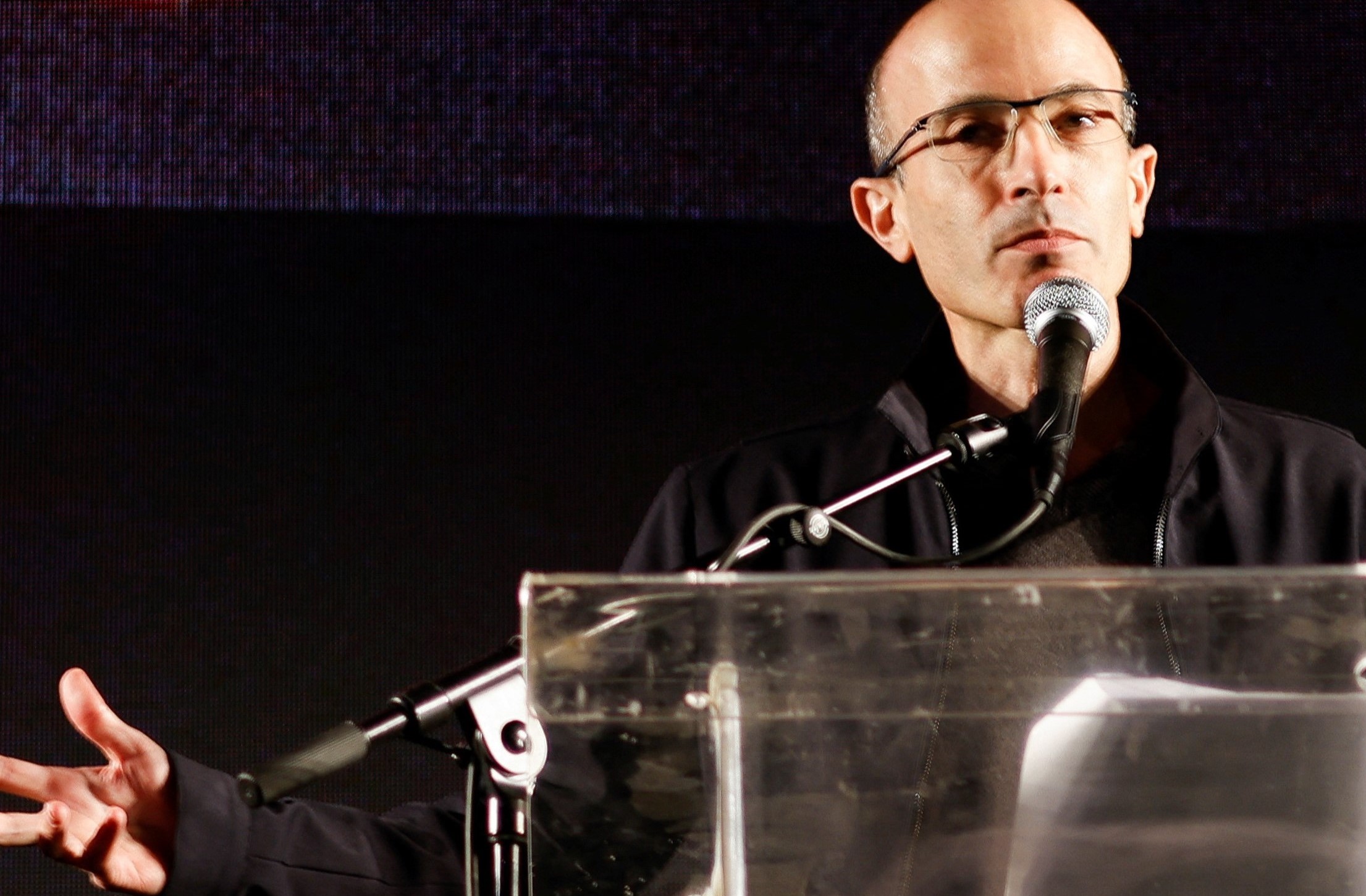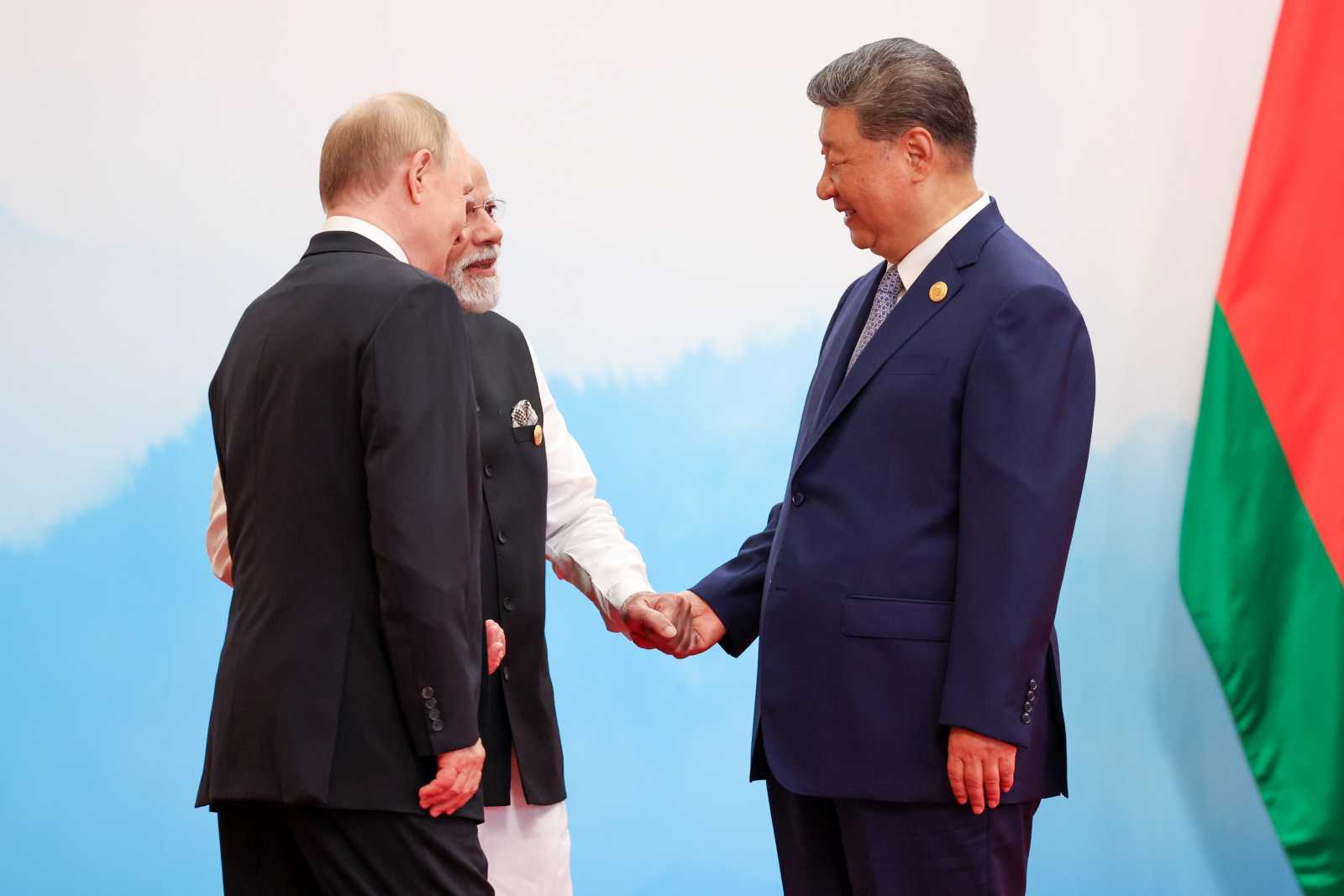Gaza war
One percent of Gaza’s population has died in the current war

According to aid agencies, the humanitarian disaster is worse than what was witnessed in Ukraine or in Syria’s civil war. It is also deteriorating fast. The risk of disease is growing. Supply of food, water and medicines remains far below what is needed.
A ceasefire is needed to end the dreadful suffering. Those who call for a ceasefire, however, keep being admonished that Israel has a right to self-defence. Those supporters of Israel who insist on this right, however, regularly fail to explain whether what is going on in Gaza can really be called self- defence. It is easy to see why it looks more like collective punishment to observers from Arab countries. In Germany, even to raise the question whether military action might be disproportionate means to risk being accused of anti-Semitism.
How to prevent further terror attacks
The consensus in Israel seems to be that Hamas must be prevented from ever perpetrating horrific attacks again. Terrorism is obviously unacceptable. The desire to make it impossible is both understandable and legitimate. Unfortunately, there are several reasons to doubt that the war in Gaza can achieve that goal.
First of all, mass trauma does not lead to peace. It is far more likely to stir more hatred.
After 7 October, German media often pointed out that Israel is a small country so basically every Israeli knows someone who was personally affected by the Hamas atrocities, either as a victim or as victim’s relative or close friend. About 1200 Israelis were killed on 7 October and another 250 abducted. Yes, this small nation has every reason to be angry.
Palestinians’ rage about thousands of innocent civilian victims is similarly justified. The number of Palestinians and Jews in Israel and the occupied territories is roughly equal. It is safe to assume that a large majority of the 22,000 Palestinian dead were not terrorists. The campaign in Gaza is causing more pain and more anger – with things getting worse every day. More than 2 million people are helplessly exposed to violence. There are no safe zones.
Some argue that Hamas is to blame for each and every civilian casualty because terrorists are hiding behind innocent persons. That is legally inaccurate. Even when fighters use human shields, which is a war crime in itself, that does not permit the other side to attack indiscriminately. Every army has the responsibility to assess diligently before every single attack whether the military gain can outweigh the civilian suffering it will cause.
The longer this unequal bloodshed goes on, the more difficult it will become to achieve any kind of reconciliation. Prime Minister Benjamin Netanyahu recently demanded the deradicalisation of Palestinian society. Israel’s military campaign is certainly fanning radicalism, however. Netanyahu’s power seems to be fading – I’ll return below to the decision of Israel’s supreme court to overrule his judicial reform plans. His approach to the war still matters, however, and particularly the right-wing parties aooarently endorse it.
How does one completely eradicate an ideology?
Netanyahu also said he wants total victory over Hamas, without, of course, explaining, how a terrorist ideology might be entirely eradicated. Hamas is a branch of the Muslim Brotherhood which has survived for a century in spite of being declared illegal, suppressed and persecuted in various countries. Not all branches are terrorist organisations, of course, and some have been in government, including currently Turkey’s AKP and for much of the past decade Tunisia’s Ennahda.
Even if the Israel Defence Forces (IDF) manage to kill Hamas leader Yahya Sinwar in Gaza, his Islamist ideology will survive. It will most likely spawn further militants in the future.
US President Joe Biden warned Israelis early on not to make the mistakes the US made after the 9/11 attacks on New York and Washington in 2001. He was aware of how his country squandered international goodwill by prioritising the war on terror over rebuilding Afghanistan and later Iraq. In Afghanistan, the Taliban benefited from people’s frustration as more and more innocent people were killed by US troops trying to get Osama bin Laden. The suffering of innocent victims’ families was not acknowledged. In official jargon, the deaths were merely “collateral damage”.
The big promise of Zionism was to create a country where Jews would not have to fear murderous pogroms. Israel’s current government and security forces failed to keep that promise. They were asleep at the wheel. They did not take seriously the information that Hamas was preparing fighters for a major invasion. They did not guard the border to Gaza properly. Indeed, troops had been withdrawn from there in order to help to quell expected unrest in the West Bank where settler agitation, which often turns violent, keeps causing Palestinian grievances. Making matters worse, it turned out that the military was too poorly organised to respond to the attacks fast and efficiently.
A long story in the New York Times recently assessed just how woefully unprepared Israel was on 7 October. The plain truth is that, had Israel’s government and security forces done their job properly, there might have been Hamas attacks, but they would certainly have turned out far less deadly. Israel’s military is probably the strongest in the Middle East. It is capable of fending off attackers arriving by bulldozer or paraglider. Atrocious terrorism could only unfold the way it did because the Israeli authorities and security forces were not up to task.
Lessons must be learned
If Israel wants to prevent terrorism in the future, the most urgent task is to assess what went wrong. Lessons must be learned. Precaution works, but eradicating every potential evil doer is impossible.
Israel’s authorities did not cooperate with the New York Times investigation, however. They say they need to win the war first and will investigate security-policy shortcomings later.
In western countries, there is a tendency to believe whatever Israeli authorities say. If the IDF declare that they are only attacking military targets, it is assumed that that must be true. Given the catastrophic failures of the Israeli government, intelligence services and armed forces before and on 7 October, there is reason to doubt that current lethal decisions are as discerning as the IDF claim they are. Even President Biden has spoken of “indiscriminate” bombing.
According to Netanyahu, the war will go on for several more months. Israel’s allies, including the USA and Germany, must tell Israel’s leaders that it cannot go on for much longer and that it is not making Israel safer. In the short term, everything will become more dangerous if Iran’s allies in Lebanon and Yemen or even Iran itself get drawn into the conflict. In the long term, Israel’s safety depends on making peace with the people in its neighbourhood.
In this scenario, I do not think it is a big surprise that the Supreme Court asserted its right to review government decisions. For one thing, institutions generally defend their powers and do not surrender them. Moreover, the Hamas attacks showed that checks and balances matter because unipolar governance is unhealthy. Finally, Netanyahu’s popular support has been fading and the judges certainly saw that the court would prevail in this constitutional crisis.
The court’s decision further weakens Netanyahu. A general election will probably not be held during war. However, Netanyahu’s coalition only has a small majority in parliament, and the weaker he looks, the more likely it becomes that some members of parliament decide to switch sides and elect a different prime minister.
Hans Dembowski is the editor-in-chief of D+C/E+Z.
euz.editor@dandc.eu

